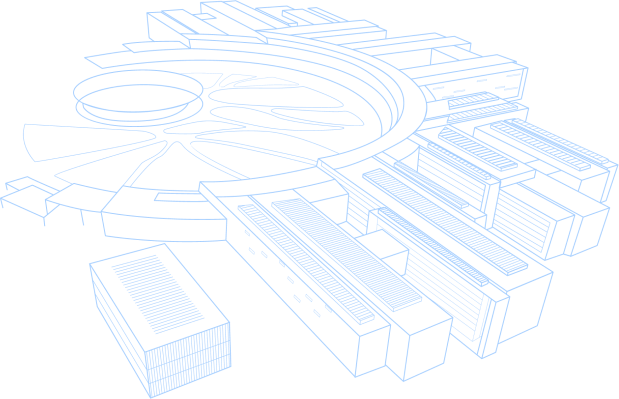[1] M. Bahri et al., "DNA-Coupled AuNPs@CuMOF for Sensitive Electrochemical Detection of Carcinoembryonic Antigen," ACS Appl. Nano Mater. 2024, 7, 10, 11921–11930, doi.org/10.1021/acsanm.4c01473.
[2]M. Bahri et al., "Recent advances in chemical vapor deposition techniques for graphene-based nanoarchitectures: From synthesis to contemporary applications," Coord Chem Rev, vol. 475, p. 214910, 2023, doi: 10.1016/J.CCR.2022.214910.
[3]M. Bahri, A. Baraket, N. Zine, M. Ben Ali, J. Bausells, and A. Errachid, "Capacitance electrochemical biosensor based on silicon nitride transducer for TNF-α cytokine detection in artificial human saliva: Heart failure (HF)," Talanta, vol. 209, p. 120501, 2019, doi: 10.1016/j.talanta.2019.120501.




